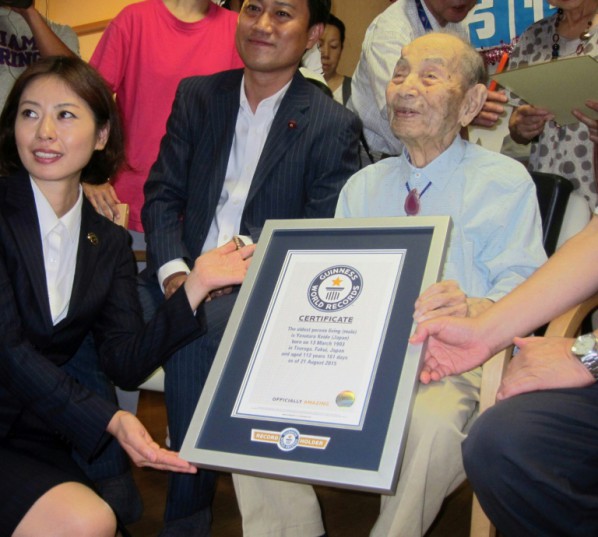Finding your ikigai, or your reason to get up in the morning, could help you live a happier, healthier, and possibly even longer life.

Picture: Shutterstock
First there was hygge, then lagom, and now the Japanese concept of ikigai. But what is ikigai, and how could the latest trend in well-being help boost our health and happiness?
Pronounced ee-kee-guy, ikigai is most often translated as “a reason for being,” and is similar to the French phrase “raison d’être”. The idea is that everyone has a purpose in life, a reason to get up in the morning, and when you find it, your health will improve because of it.
In fact, in his book “Ikigai: The Japanese Secret to a Long and Happy Life,” out in 2017 in English, Francesc Miralles explores the idea that ikigai could be the secret of long life on the Japanese island of Okinawa, whose residents are the world’s longest-living people. They are also perhaps some of the busiest, leading active and fulfilling lives even through old age.
But ikigai isn’t just about keeping busy or working, it is a combination of different elements – when you bring together what you love, what you are good at, what the world needs, and what you can be paid for, that is when you have found your ikigai.

Picture: iStock
So how can you bring ikigai to your own life? Making a list to answer these four questions is a good place to start, although you might not have all of the answers at once.
To help, many psychologists suggest thinking about what makes you feel happy, as doing this could be your ikigai, or if you’re still unsure, thinking about what would you like to see change in the world might give you some direction.
Once you have some ideas, think about how you can put them into action. Would signing up for a course help you learn the skills needed to make your dream a reality? Do you need to cut down on some existing commitments in order to free up some time to pursue your ikigai?
For some, their ikigai is work, and maybe a career change to make a passion or hobby your full-time job is what would bring you most happiness. But work isn’t where everyone finds their purpose, as shown by the number of retired Japanese who continue to find meaning in their life through other activities.

Jiji Press/AFP/File. Yasutaro Koide, 112, receives a framed certificate from the Guinness World Records as the world’s oldest man, in Nagoya, central Japan’s Aichi prefecture, in August 2015
Reaching out to others can also help you find your ikigai, whether it is seeking advice from someone who has found theirs or has a similar passion to you, or perhaps from friends and family who can support you as you make certain life changes. Talk to those around you for help and advice before taking your idea to the next step.
Once you start making changes and trying out your ideas, think about if it is bringing you meaning and happiness. Does it feel right? Is something bothering you about what you are doing?
You might not get it right straight away, and there can be bad days in whatever we do, but by evaluating your sense of purpose, and happiness, at each stage you’re more likely to find your ikigai, and perhaps even the secret to a long and happy life.
For more news your way, follow The Citizen on Facebook and Twitter.





